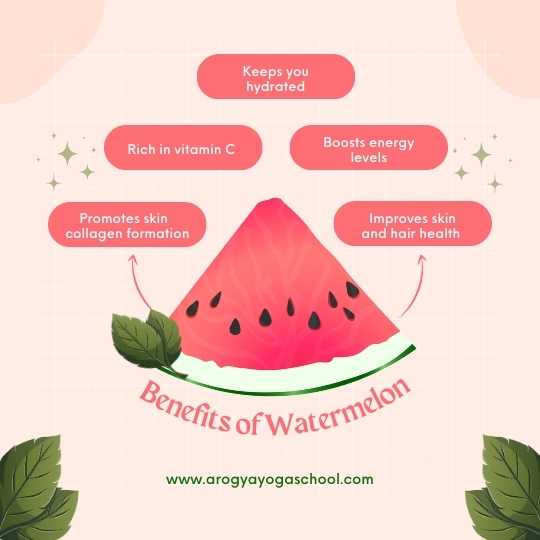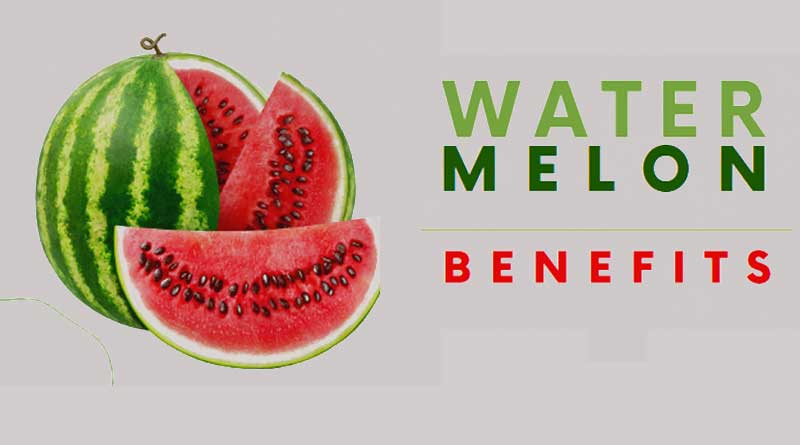Fresh watermelon is a delicious and refreshing fruit that is packed with a range of important nutrients. It is a good source of vitamin C, potassium, lycopene, beta-carotene, citrulline, and fiber.
The scientific name of watermelon is Citrullus lanatus. “Citrullus” comes from the Latin word for watermelon, while “lanatus” means “hairy” or “shaggy” in reference to the fruit’s rough exterior.
Watermelon has several other common names, depending on the region and language. Some of the common names of watermelon include:
- Melon d’eau (French)
- Sandía (Spanish)
- Anguria (Italian)
- Kalahari melon (named after the desert region where it grows)
- Citrullus (from the scientific name)
- Water apple
- Watermelon fruit
- Tsamma melon (a name used by the San people of southern Africa)
- Sweet melon
- Pepo (from the family name Cucurbitaceae, which includes watermelon)
- Makuwa (a name used by the Shona people of Zimbabwe)
Watermelon is a delicious and refreshing fruit that is highly nutritious and offers a range of health benefits. Here are some of the key benefits of watermelon:

8 Health Benefits of watermelon
- Hydration: Watermelon is an excellent source of hydration, as it is mostly made up of water. Eating watermelon can help keep you hydrated, which is important for your overall health and well-being.
- Nutritious: Watermelon is low in calories but high in nutrients. It contains vitamins A, B6, and C, as well as potassium, magnesium, and fiber.
- Antioxidants: Watermelon is rich in antioxidants, including lycopene and beta-carotene, which can help protect your cells from damage caused by free radicals.
- Heart health: The nutrients in watermelon, including lycopene, can help promote heart health by reducing inflammation and improving blood flow.
- Digestive health: Watermelon is high in fiber, which can help promote digestive health by preventing constipation and improving bowel regularity.
- Eye health: Watermelon contains vitamin A, which is important for maintaining healthy eyes and preventing age-related macular degeneration.
- Skin health: The high water content and vitamin C in watermelon can help keep your skin hydrated and healthy, while the antioxidants can protect against damage from the sun and other environmental factors.
- Athletic performance: Watermelon contains the amino acid citrulline, which can help improve athletic performance by reducing muscle soreness and improving endurance.
- While watermelon is a nutritious and healthy fruit that offers a range of health benefits, there is limited scientific evidence to support claims that it can specifically benefit sexual health or performance. Some people believe that watermelon can have a positive impact on sexual function due to its high content of the amino acid citrulline, which can increase blood flow and promote the relaxation of blood vessels. Watermelon: A natural form of Viagra, For example, the high water content and nutrients in watermelon can help keep the body hydrated and nourished, which can support healthy sexual function. Additionally, the antioxidants and anti-inflammatory compounds in watermelon can help protect against damage to cells and tissues, which may be important for maintaining healthy sexual organs and hormones.



